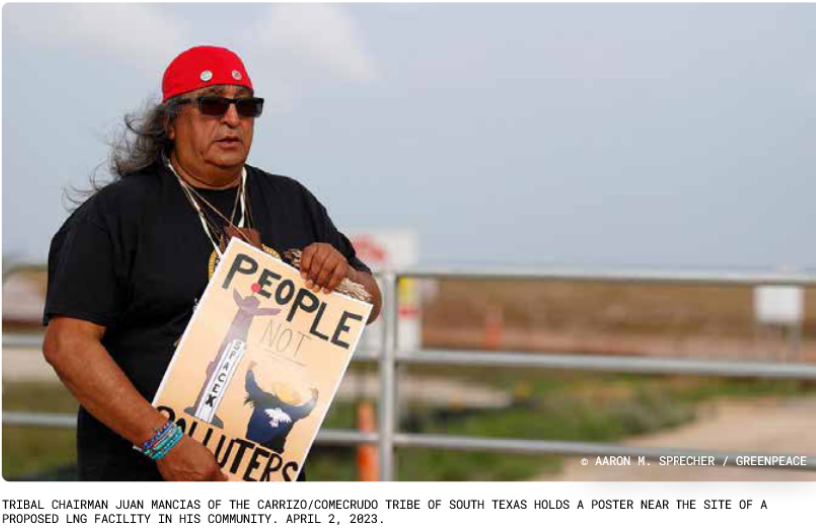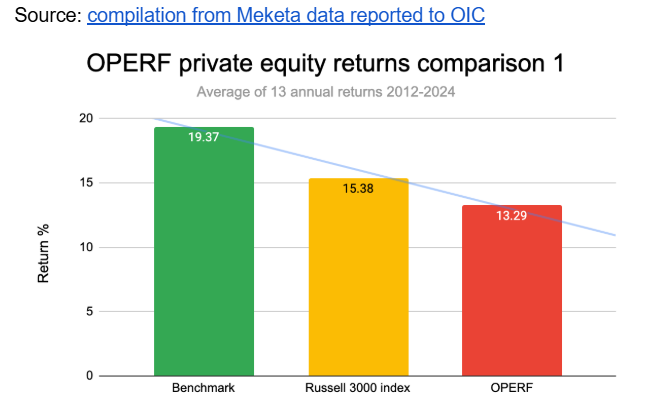Trump Shakes Down Big Oil for $1 Billion
Four days before the start of his New York felony trial, presidential nominee Donald Trump engaged in some major self-soothing activity — shaking down Big Oil for $1 billion in order to help him trash the climate.
According to the Washington Post, which broke the story, Trump invited two dozen oil executives to a dinner at Mar-a-Lago. After one executive complained about burdensome environmental regulations issued by the Biden administration, Trump responded with a stunner, telling his guests:
You are wealthy enough to raise $1 billion to return me to the White House. That would be a “deal,” he said, because of the costs of taxes and regulation they would avoid thanks to him. He vowed to immediately reverse dozens of environmental rules and policies and stop new ones.
Trump said he would:
- End the freeze on new LNG exports - “you’ll get it the first day”;
- Auction more Gulf of Mexico oil leases;
- Allow more drilling in the Alaskan Arctic-“You’ve been waiting on a permit for five years; you’ll get it on Day 1”;
- Continue to “hate wind” [explaining why he breaks it?]. (According to the New York Times, Trump claims that windmills cause cancer and are driving whales insane).
- Scrap electric vehicle mandates (although they do not exist). Presumably this means scrapping regulations to reduce auto tailpipe emissions.
Trump has earlier promised to end California’s ability to require cleaner cars than federal regulations do.
One person involved in the industry said many oil executives wanted Florida Gov. Ron DeSantis or another Republican to challenge Biden. But now that Trump is the nominee, this person said, they are going to embrace his policies and give.
Alex Witt, a senior adviser for oil and gas with Climate Power, said Trump’s promise is he will do whatever the oil industry wants if they support him. With Trump, Witt said, “everything has a price.”
“They got a great return on their investment during Trump’s first term, and Trump is making it crystal clear that they’re in for an even bigger payout if he’s reelected,” she said.

Oregon State Treasury should engage or divest from companies fueling a new era of resource conflicts









